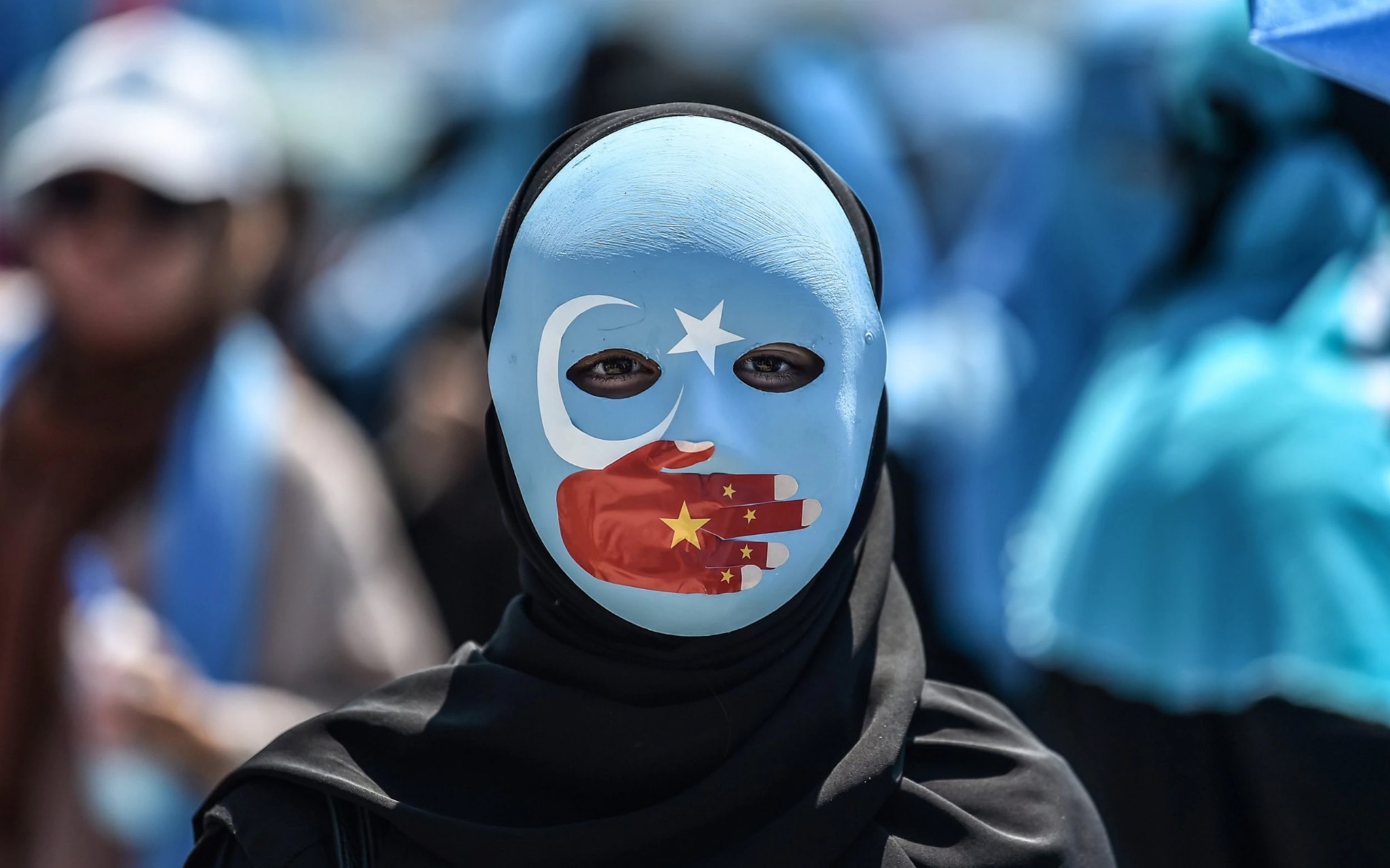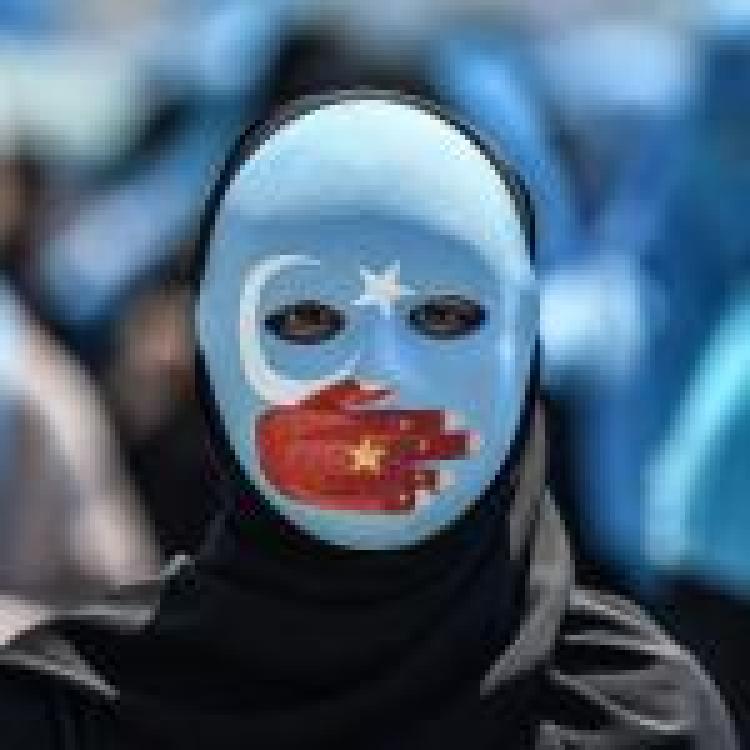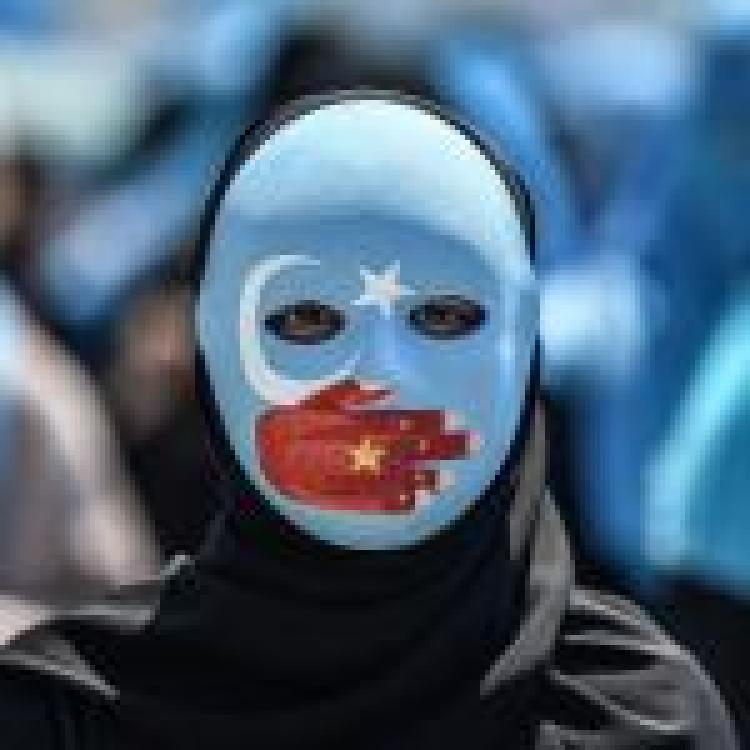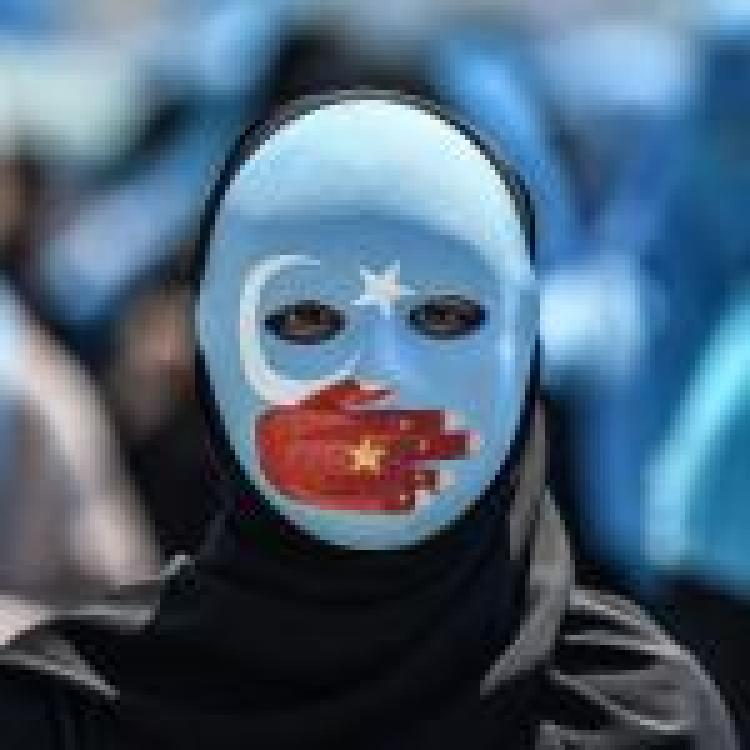 The UN has released a long-delayed report into conditions for Uighurs in China's northwestern Xinjiang region.
The UN has released a long-delayed report into conditions for Uighurs in China's northwestern Xinjiang region.
The report details serious rights abuse against Uighurs and other ethnic minorities in Xinjiang and states that such treatment by China may amount to “crimes against humanity”.
The 45-page report released by the UN High Commissioner for Human Rights (OHCHR) late on Wednesday found that serious violations have been committed in Xinjiang under China’s application of measures to counter “terrorism” and “extremism”.
China has described the UN report as a “farce”.
Defending its policies towards the Uighurs, China’s Permanent Mission to the UN in Geneva attached a 131-page response document.
Human rights groups have been sounding the alarm over what is happening in the north-western province for years, alleging that more than one million Uyghurs had been detained against their will in a large network of what the state calls "re-education camps".
The BBC's recent investigation has uncovered documentation - including police files detailing those in detention - which appear to support the claims, as well as allegations of rape, torture and forced sterilisation.
UN's report concluded that "the extent of arbitrary and discriminatory detention of members of Uyghur and other predominantly Muslim groups ... may constitute international crimes, in particular crimes against humanity".
It also found:
"Allegations of patterns of torture or ill-treatment, including forced medical treatment and adverse conditions of detention, are credible, as are allegations of individual incidents of sexual and gender-based violence"
"Credible indications of violations of reproductive rights through the coercive enforcement of family planning policies since 2017"
"Similarly, there are indications that labour and employment schemes for purported purposes of poverty alleviation and prevention of 'extremism'... may involve elements of coercion and discrimination on religious and ethnic grounds"
The World Uyghur Congress welcomed the report and urged a swift international response.
"Despite the Chinese government's strenuous denials, the UN has now officially recognised that horrific crimes are occurring," Uyghur Human Rights Project Executive Director Omer Kanat said.
The US and lawmakers in several other countries have previously denounced China's actions in Xinjiang as a genocide, but the UN stopped short of making the accusation.
The report has long been the subject of intense international attention, with UN Human Rights Commissioner Michelle Bachelet admitting last week she had been under "tremendous pressure to publish or not to publish".
Some Western human rights groups alleged Beijing was urging her to bury damaging findings in the report, especially after publication was delayed several times.
Ms Bachelet defended the delay, arguing that seeking dialogue with Beijing over the report did not mean she was "turning a blind eye" to its contents. But Amnesty International called it "inexcusable".
In the end, the report was made public just 13 minutes before the end of her four-year tenure.
Read more at BBC and Al Jazeera




